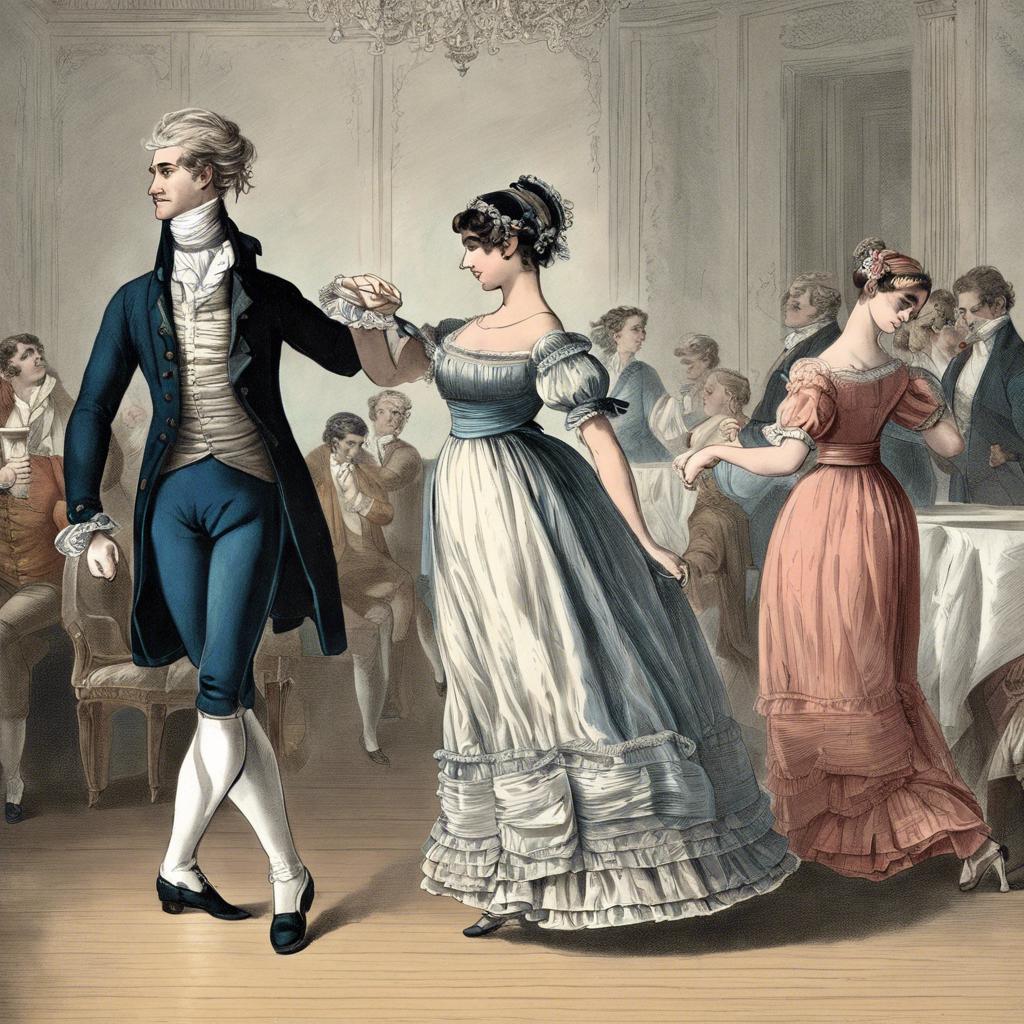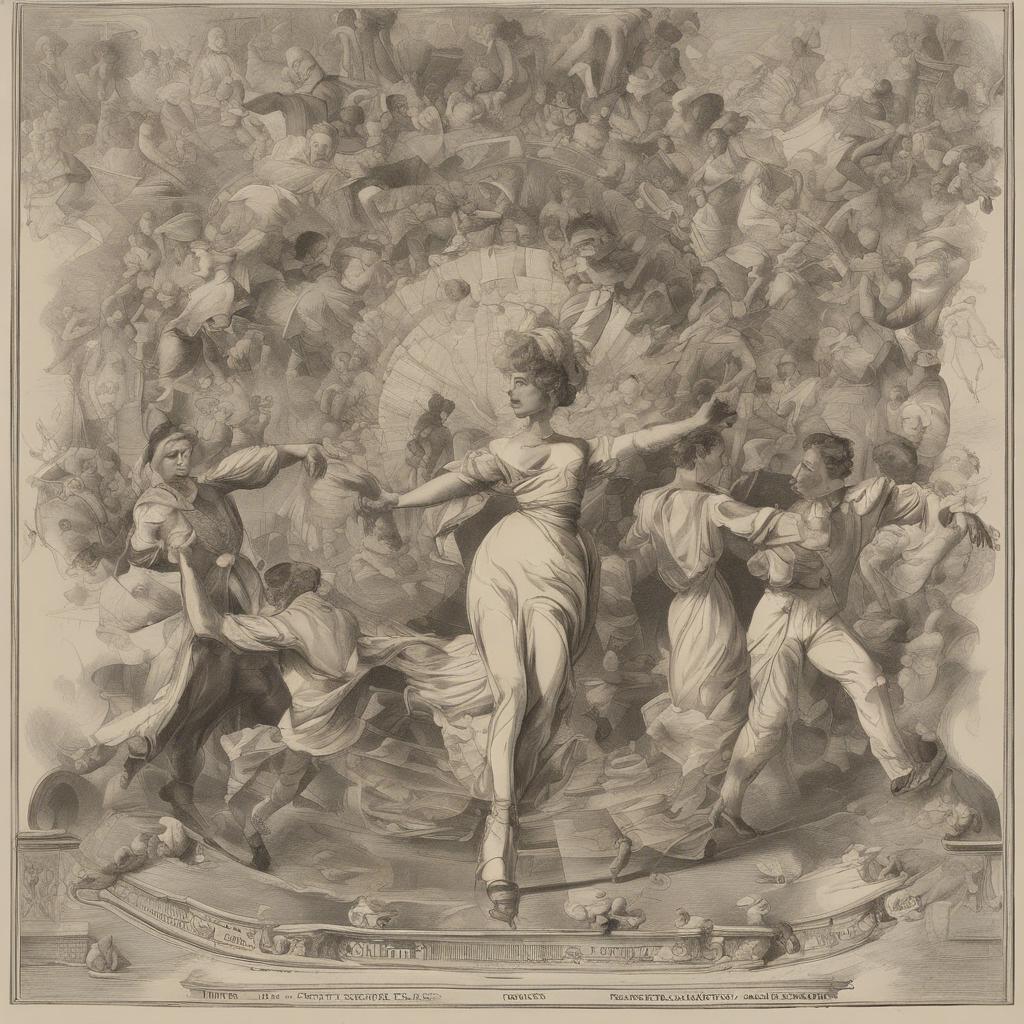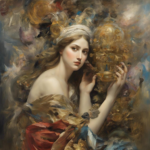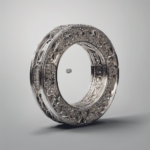During the Regency era in early 19th century England, dances played a crucial role in social gatherings and courtship rituals. Characterized by elegant movements, intricate footwork, and graceful postures, these dances reflected the refined manners and sophisticated tastes of the period’s high society. Delving into the rich history and cultural significance of Regency era dances offers a fascinating glimpse into the world of Jane Austen novels and grand ballrooms, where etiquette and romance intertwined in a dazzling display of social etiquette and grace.
Step Into the World of Cheryl Bolen
Dive into the enchanting stories of love, intrigue, and elegance set in the Regency Era. Cheryl Bolen's novels offer timeless romance and captivating tales that will leave you wanting more.
Explore Cheryl Bolen's Books Now
The Elegance of Regency Era Dances
The Regency Era was a time of elegance and refinement, where social gatherings and balls were the highlight of high society. One of the most notable aspects of this era was the intricate and graceful dances that were performed during these events. These dances were not only a form of entertainment but also a way for individuals to showcase their grace, poise, and social status.
One of the most popular dances of the Regency Era was the Quadrille, a formal dance that involved four couples moving in intricate patterns to the music. The steps were precise and the movements graceful, reflecting the attention to detail and sophistication of the era. Another beloved dance was the Waltz, a romantic and flowing dance that swept couples across the dance floor in a whirl of movement and emotion.
Participating in these dances was not just a matter of skill, but also a display of one’s social standing and cultural refinement. Proper etiquette and decorum were essential when attending a ball, and being proficient in these dances was a way to impress and gain favor among one’s peers. The elegance and beauty of Regency Era dances continue to captivate and inspire us today, reminding us of a time when grace and sophistication ruled the dance floor.
Etiquette and Social Customs on the Dance Floor
In the grand ballrooms of the Regency era, dance was not only a form of entertainment but also a way to display one’s social status and manners. It was crucial for guests to adhere to the etiquette and social customs of the dance floor to ensure a successful and pleasant evening. Here are some key guidelines to follow when partaking in Regency era dances:
1. Respect the Set
Dances in the Regency era were often performed in sets, with specific formations and movements. It was essential for dancers to pay attention to their position in the set and move accordingly. Always be mindful of the space around you and respect the boundaries of the dance floor.
2. Maintain Proper Posture
Posture was of utmost importance during Regency era dances. Keep your back straight, shoulders back, and head held high. This not only enhances the gracefulness of your movements but also demonstrates your refinement and elegance to fellow dancers and onlookers.
3. Exchange Courtesies
When engaging in a dance with a partner, it is customary to exchange courtesies such as bows, curtsies, and hand-kissing. These gestures were a way to show respect and appreciation for your partner’s participation in the dance. Remember to execute these actions with poise and grace to uphold the standards of Regency era social customs.
Key Dances of the Regency Era
In the Regency Era, dancing was an important social activity that brought people together in a structured and elegant way. There were several key dances that were popular during this period, each with its own unique steps and style. Let’s take a look at some of the most notable regency era dances:
**1. The Waltz**
The Waltz was a new and scandalous dance that was introduced during the Regency Era. It involved close contact between partners as they moved in a graceful, flowing motion around the dance floor. The Waltz was seen as a symbol of romance and freedom, breaking away from the more formal dances of the past.
**2. The Quadrille**
The Quadrille was a group dance that was popular among the upper classes in Regency England. It consisted of five distinct movements, with couples performing intricate patterns and formations as they danced together. The Quadrille required precision and coordination, making it a favorite among skilled dancers.
| Dance | Description |
|---|---|
| **The Minuet** | A slow and stately dance that was a favorite among the aristocracy. |
| **The Country Dance** | A lively and social dance that was popular among all levels of society. |
Tips for Mastering Regency Era Dance Steps and Techniques
In order to master Regency era dance steps and techniques, it is essential to first understand the historical context in which these dances originated. The Regency era, which spanned from 1811 to 1820, was a time of elegance, refinement, and strict social etiquettes. Dance was an important social activity during this period, with dances such as the waltz, quadrille, and minuet being popular among the aristocracy.
To begin your journey into mastering Regency era dance steps, it is crucial to start with the basics. Familiarize yourself with the different types of Regency era dances, their specific steps, and the proper etiquette that accompanies each dance. Practice the basic steps of each dance until you feel comfortable and confident in your movements.
One important tip for mastering Regency era dance steps is to pay attention to your posture and poise. Maintain an upright posture with shoulders back and chin up, as this was considered proper etiquette during the Regency era. Additionally, focus on light and graceful footwork, using small and precise movements to navigate the dance floor with ease. Take your time to learn each step thoroughly, paying attention to details such as timing, positioning, and coordination with your dance partner.
Wrapping Up
the regency era dances were not merely forms of entertainment, but social rituals that underscored the intricate manners and protocols of the time. The elegance and grace exhibited on the dance floor were seen as a reflection of one’s breeding and status in society. Through these dances, individuals not only showcased their skill and poise, but also forged connections, solidified alliances, and navigated the complex web of social hierarchies. As we look back on this period in history, we are reminded of the importance of etiquette, grace, and refinement in both personal interactions and societal dynamics. The regency era dances continue to captivate and inspire us with their beauty and significance, offering a glimpse into a bygone era of sophistication and elegance.


